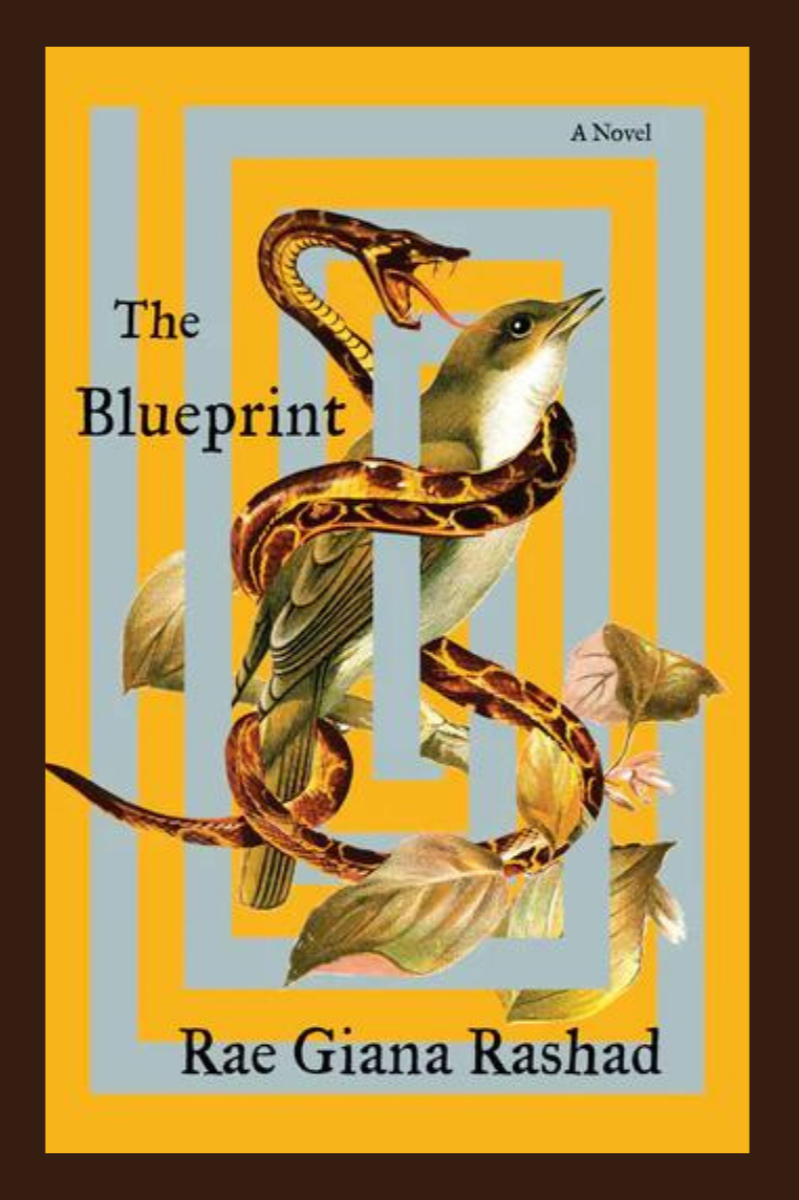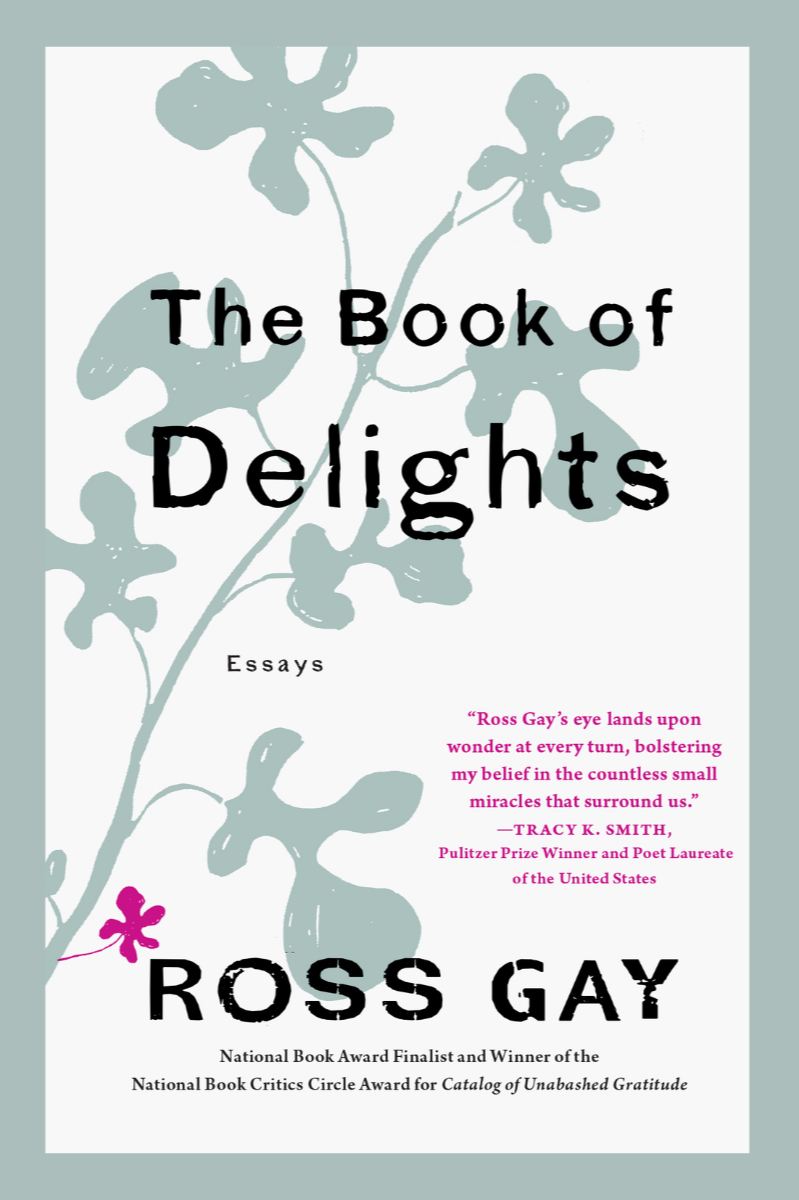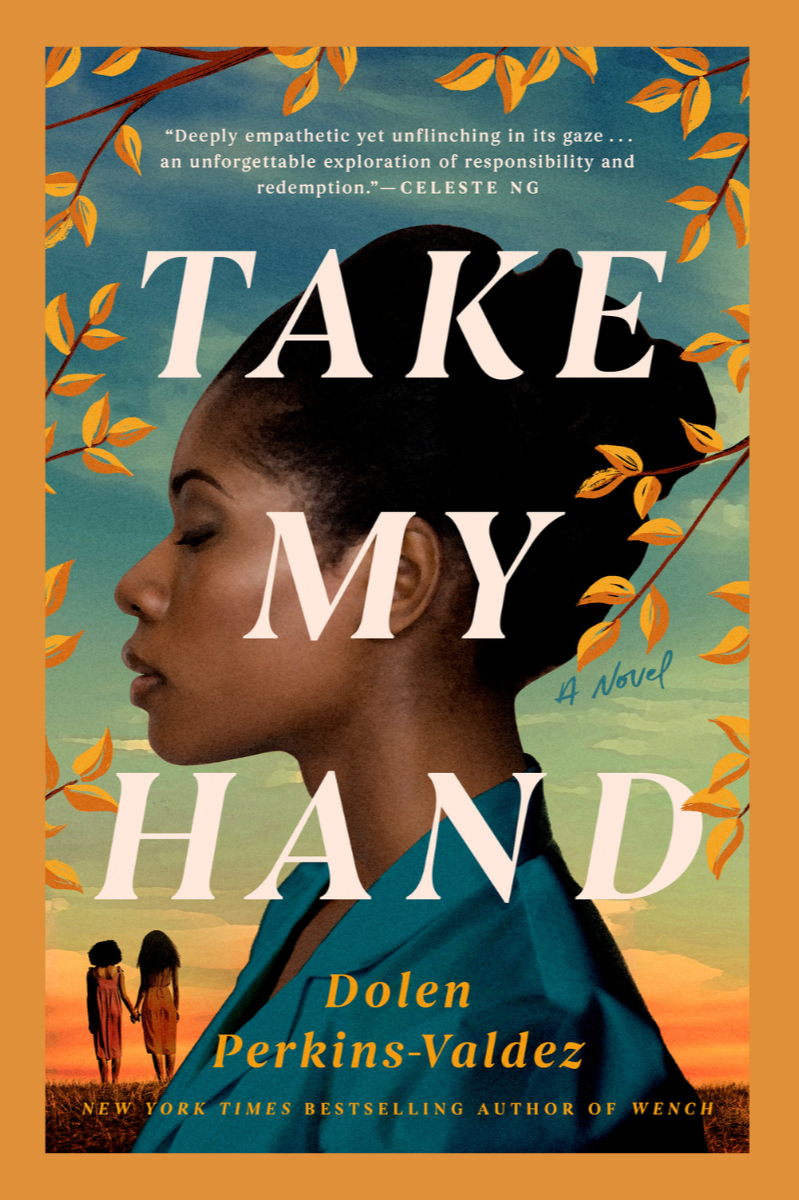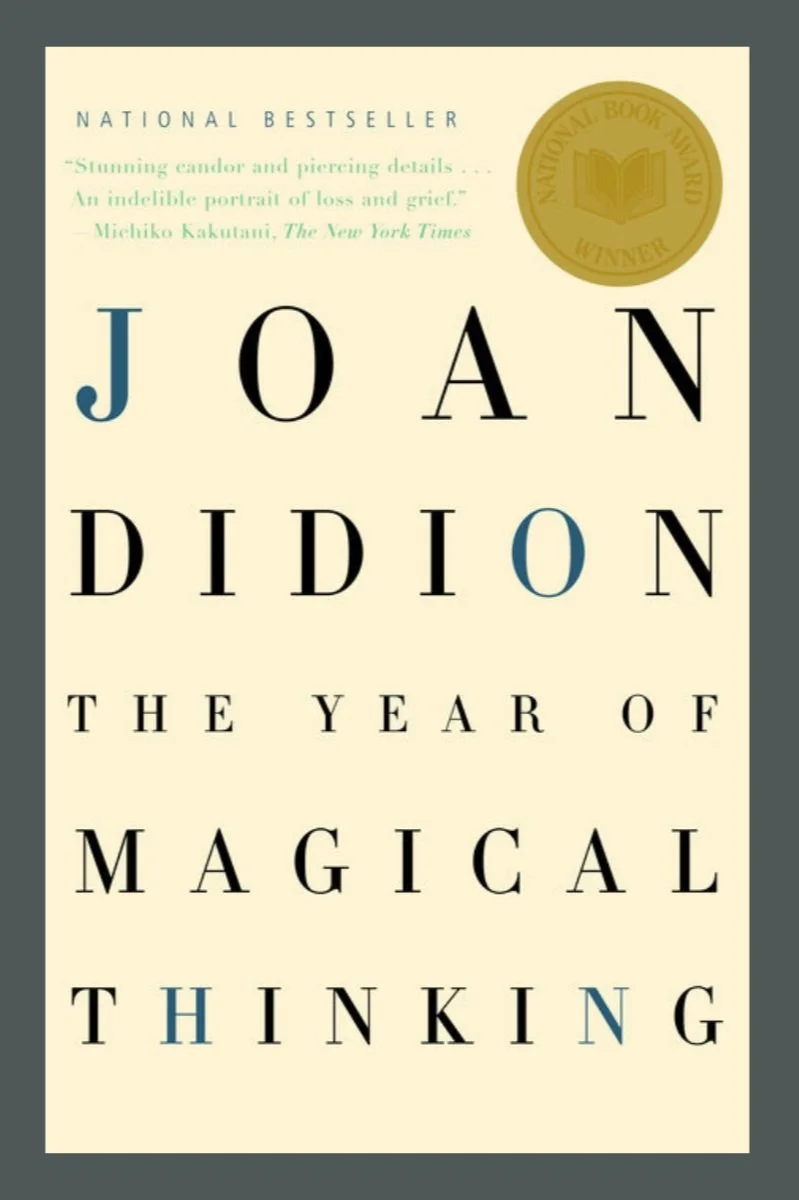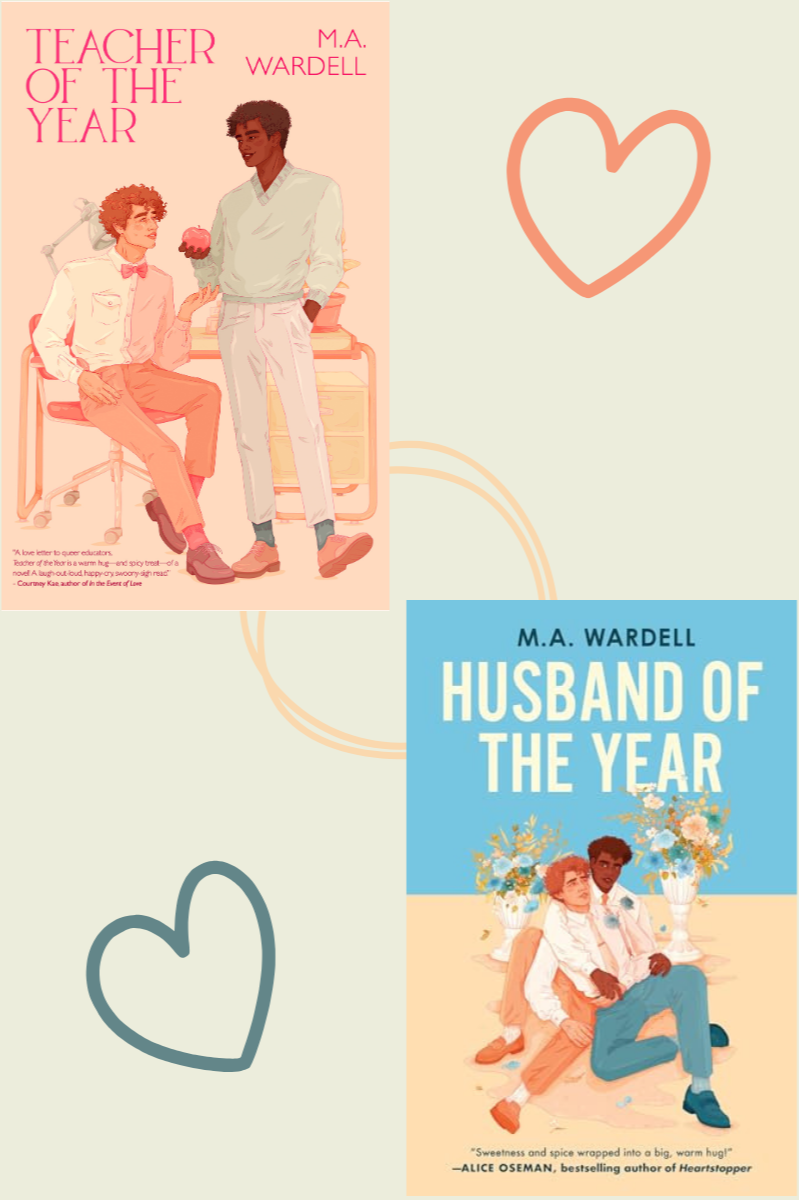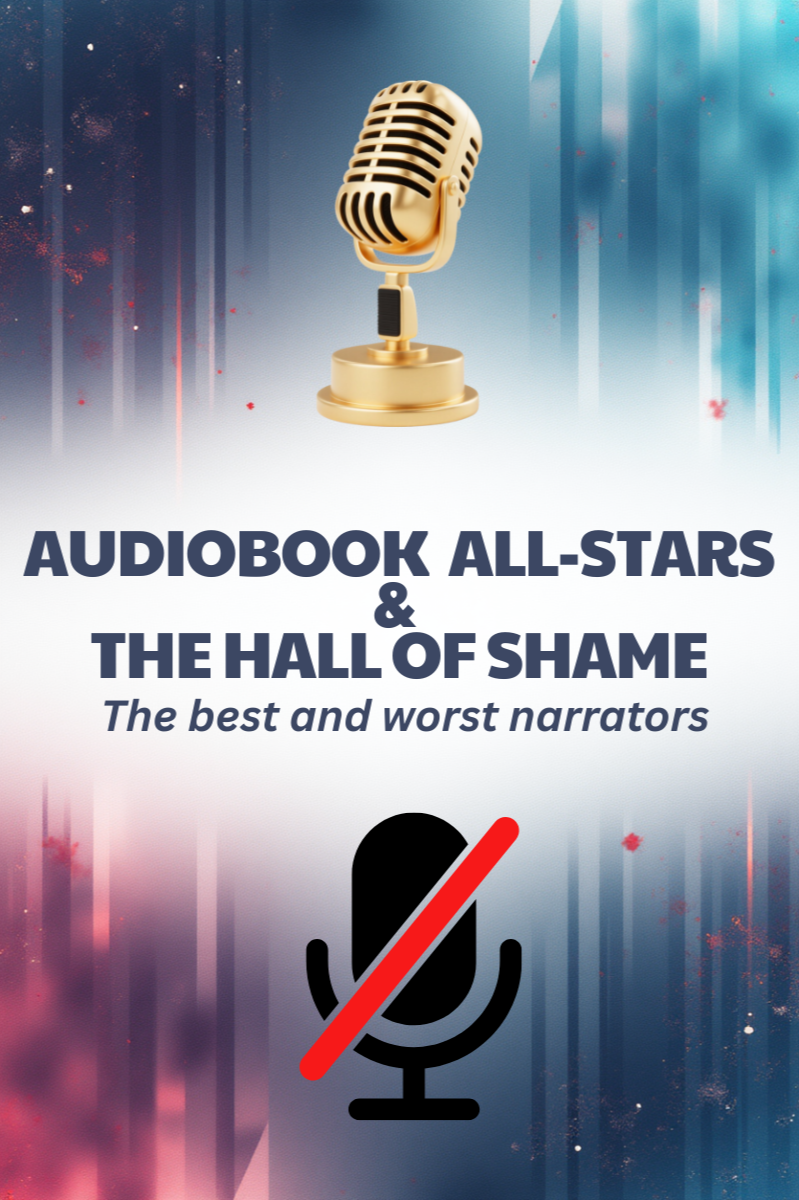This isn’t an easy book, nor an unimportant one. Rashad has strong ideas, clear anger and real imagination. But too many concepts are crowded into too few pages, and the novel ultimately lacks the polish and focus needed to make its themes land with full force.
All in Audiobook
The Book of Delights – Ross Gay
An uneven but occasionally rewarding listening experience, “The Book of Delights” is structured as a yearlong project in noticing joy, in the form of short essays—some only a paragraph, others a few pages—each documenting a small delight from Ross Gay’s daily life.
Take My Hand – Dolen Perkins-Valdez
For a novel dealing with reproductive justice, eugenics and coerced sterilization, “Take My Hand” was surprisingly compulsive. It moved quickly without ever feeling careless. Readers drawn to emotionally grounded historical fiction — Kristin Hannah fans in particular — would likely move through this fast, even though it was in no way a light read.
Sink: A Memoir – Joseph Earl Thomas
By the end, “Sink” felt like a polished diary – confessional and a little depressing, but largely more meaningful for an audience of one.
Ours – Phillip B. Williams
There are meaty ideas at work here: the spiritual cost of survival, the fragility of utopia, how protection slides into control and how power corrodes even well-intentioned communities. The rotating perspectives allow Saint to be seen as both savior and tyrant, loved and loathed in equal measure. Yet too many of these threads are buried beneath excess.
The Year of Magical Thinking – Joan Didion
“Year” is not simply a memoir of grief; it is an exploration of how the mind bends and folds in the face of incomprehensible loss. In just over 200 pages, Didion maps the terrain between shock and mourning with a precision that is at once clinical and devastating.
Teacher of the Year/Husband of the Year – M.A. Wardell
I still had a few annoyances, but they felt minor because the overall tone is charming in Marvin and Olan’s love story. This is a low-stakes romance that doesn’t pretend to be anything else. I’m still not ready to say I “read M/M romance” as a genre category, but this was a good test case of what works for me and what doesn’t.
Half His Age – Jennette McCurdy
The plot itself is straightforward, almost austere, and not particularly original – May/December and power-imbalance relationships have been de rigueur in literature for centuries. What gives the novel its spark is McCurdy’s refusal to sand down the uglier edges of either character.
Hamnet – Maggie O’Farrell
Ultimately, “Hamnet” is a moving examination of grief and the quiet costs of ambition. By keeping Shakespeare himself mostly offstage, O’Farrell centers the family left behind. Not for everyone, but worth the time for readers who enjoy dense, atmospheric historical fiction.
The Audiobook All-Stars and the Hall of Shame
Curious who the best and worst audiobook narrators are? I’ve compiled a hall of fame and shame based on five years of audiobook reviews.
The True True Story of Raja the Gullible (and His Mother) – Rabih Alameddine
“True True” is far more entertaining than its dust-jacket suggests, and it’s absolutely worth the time. It exceeded my expectations and, like last year’s winner “James,” suggests the National Book Award isn’t afraid of honoring a novel that’s broadly appealing without being shallow.
Buckeye – Patrick Ryan
A tender, character-driven novel about marriages, secrets and small-town lives—sweeping yet intimate, and one of my standout reads of 2025.
Cat’s People – Tanya Guerrero
The rotating POVs – Núria, Bong, Collin, Lily, Omar and, of course, Cat – should’ve added texture, but instead it reads like a roll call of “these are the people in your neighborhood,” each with a conveniently tidy arc and a few prepackaged quirks.
No Hiding in Boise – Kim Hooper
A mass shooting ties three women together, but despite the emotional setup, “No Hiding in Boise” struggles to go beyond surface-level grief and melodrama. Well-structured, but not all that memorable.
Heartwood – Amity Gaige
“Heartwood” isn’t the best book I’ve read this year, but it’s among the most gripping. Perfect for readers who want substance and momentum, or book clubs looking for both literary depth and genuine suspense.
Between Two Kingdoms: A Memoir of a Life Interrupted – Suleika Jaouad
This is a hard book beautifully written, and one I’m glad I read. It reminds you that the line between health and sickness, between the life you planned and the one you get, is thinner than we like to believe.
Braiding Sweetgrass: Indigenous Wisdom, Scientific Knowledge and the Teachings of Plants – Robin Wall Kimmerer
It’s a dense book – beautifully written, but the kind of writing that demands you be fully present. I couldn’t listen for more than about 45 minutes before my mind drifted, not because the content was dull, but because it’s a lot to absorb.
Careless People: A Cautionary Tale of Power, Greed and Lost Idealism – Sarah Wynn-Williams
A juicy, unflinching memoir from a former Facebook exec exposing toxic leadership, global consequences and the cost of unchecked idealism in Big Tech.
Bog Queen – Anna North
Anna North’s latest blends murder mystery, myth and environmental tension into something that’s part archaeological thriller and part exploration of land and legacy. It’s beautifully written but also oddly paced, making it a story that feels both historic and contemporary, though not always cohesive.
If the Dead Belong Here – Carson Faust
A haunting but uneven gothic debut where grief, Indigenous folklore, and family trauma intertwine—ambitious, atmospheric, and ultimately exhausting.
